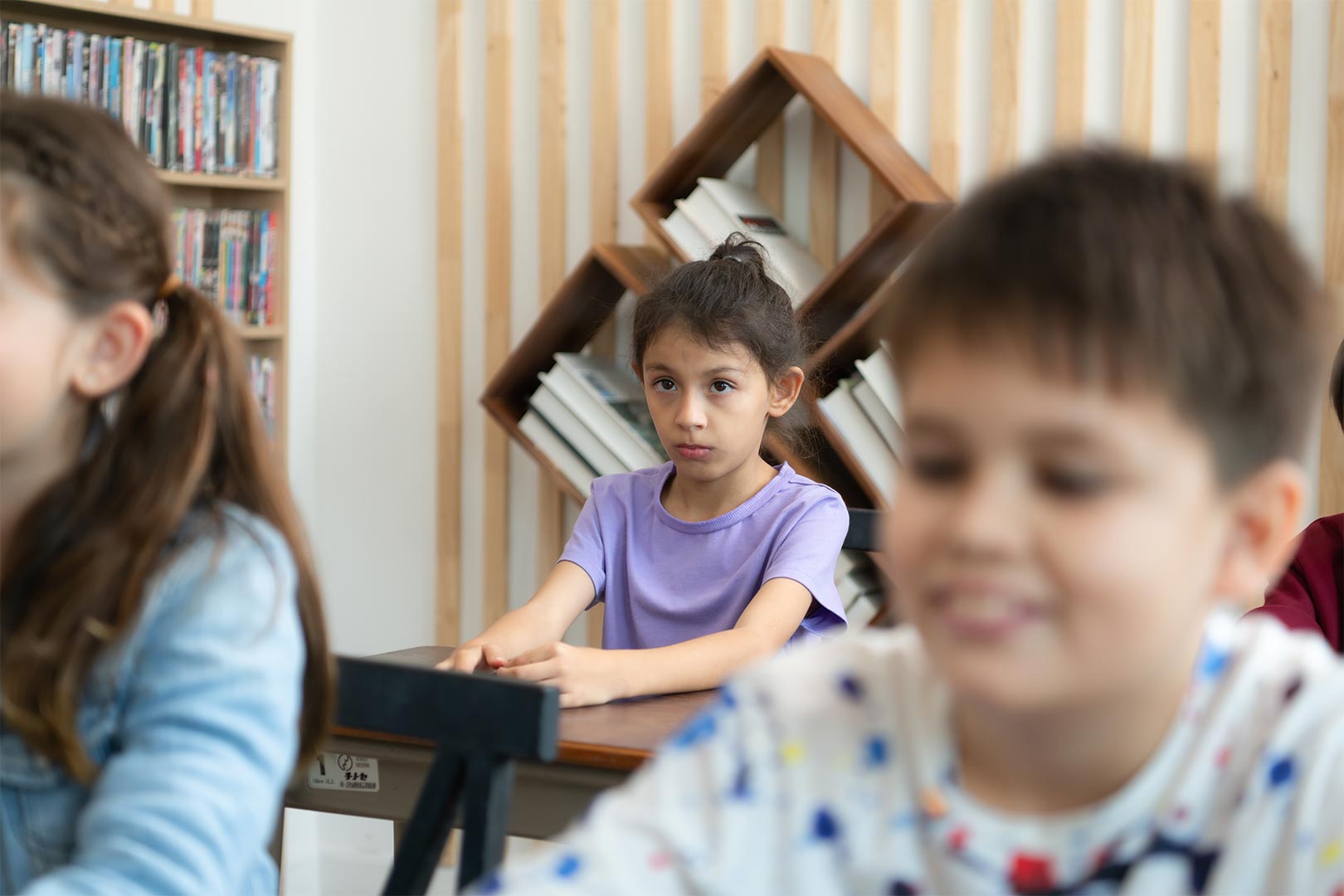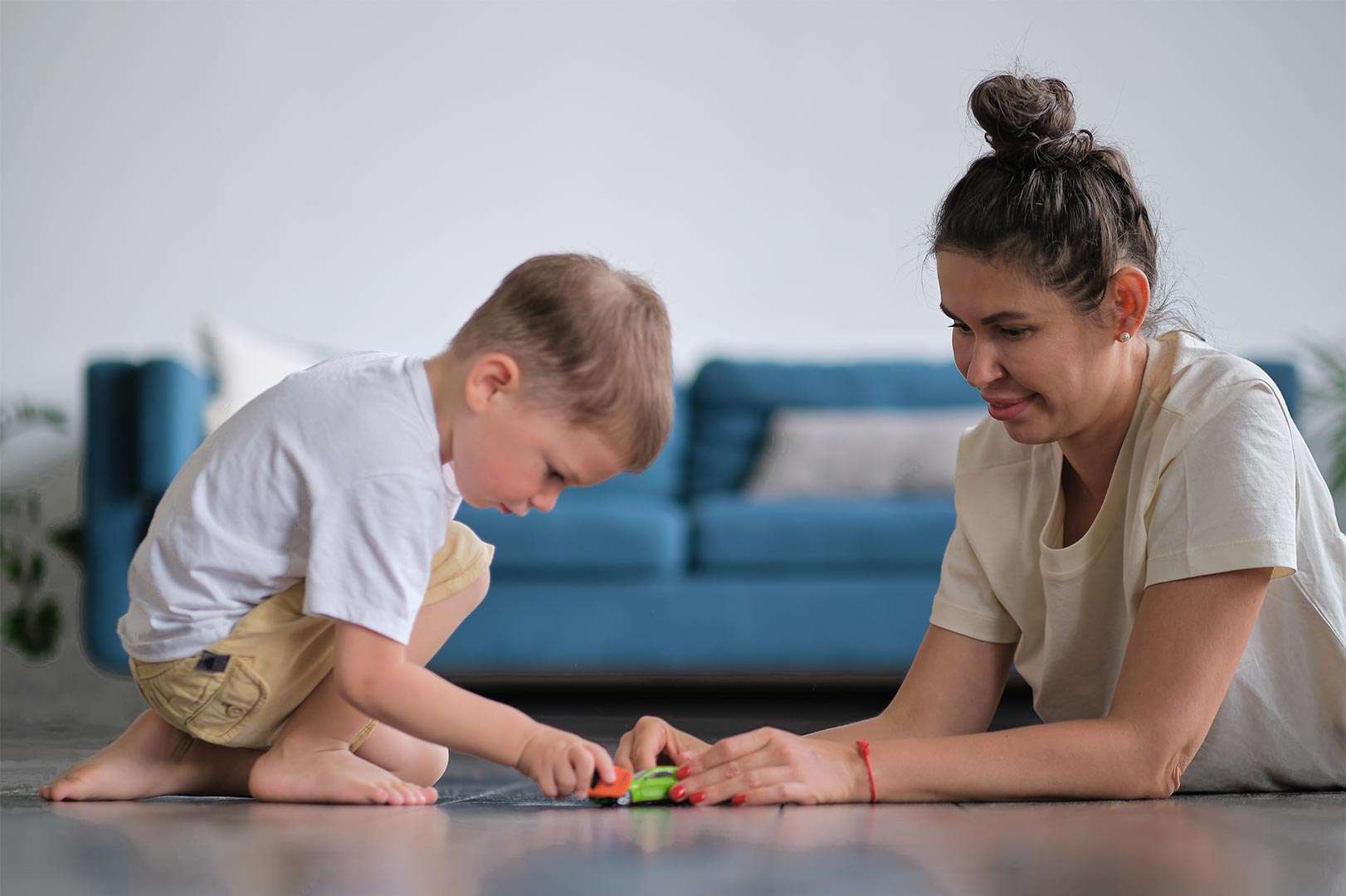Transition planning is the process of helping students with special needs prepare for life after high school. This includes planning for post-secondary education, employment, and independent living. Transition planning is an important part of special education, and it is essential for ensuring that students with disabilities have a successful future.
There are many different aspects to transition planning. Some of the key elements include:
- Identifying the student’s strengths and weaknesses
- Setting goals for the student
- Developing a plan to achieve those goals
- Monitoring the student’s progress
- Making adjustments to the plan as needed
Transition planning should be a collaborative process that involves the student, the parents, the teachers, and other professionals. It is important to get input from all stakeholders to ensure that the plan is tailored to the individual needs of the student.
There are a number of different resources available to help with transition planning. These include:
- The Individualized Education Program (IEP): The IEP is a legal document that outlines the student’s educational goals and services. The IEP should include a transition plan that outlines the student’s goals for post-secondary education, employment, and independent living.
- The Transition Planning Toolkit: This toolkit from the National Dissemination Center for Children with Disabilities provides information and resources on transition planning.
- The Transition Planning Guide for Parents: This guide from the American Institutes for Research provides parents with information on how to help their child with special needs transition to adulthood.
Transition planning is an important part of special education. By providing students with the supports they need, we can help them achieve their goals and live successful lives.
Find out if your child needs extra support today!
- My child screams hysterically
- My child is mean to other children
- My child is always worried
- My child is scared to go to school
- My child is scared of loud noises
- My child doesn’t know how to read
- My child is scared to play outside
- My child does not respond to his name
- My child always gets in trouble
- My child fights with other children
- My child doesn’t know how to count
If you are concerned about your child’s development, contact us for Assessments: Phone/Telegram: 077.455.993 – Telegram Link: https://t.me/OrbRom
If you are concerned about your child’s development, contact us for Assessments.
Phone/Telegram: 077.455.993 Link: https://t.me/OrbRom






Leave A Comment